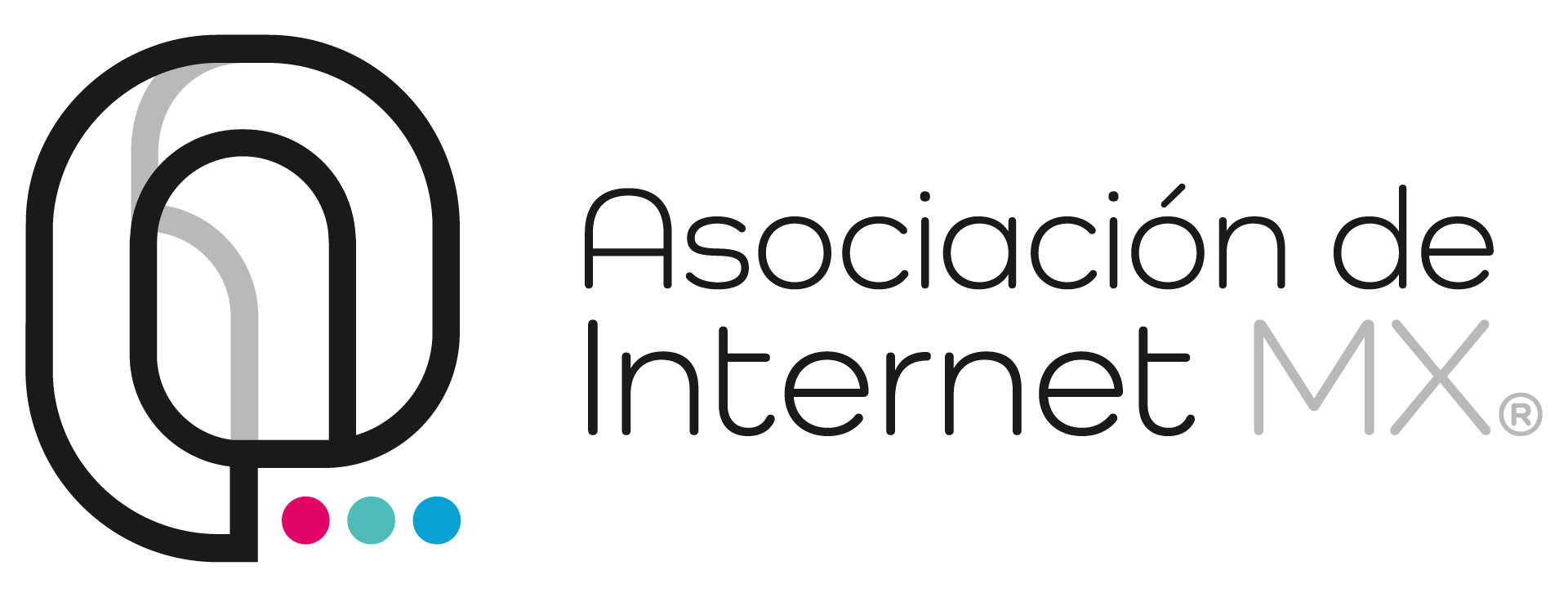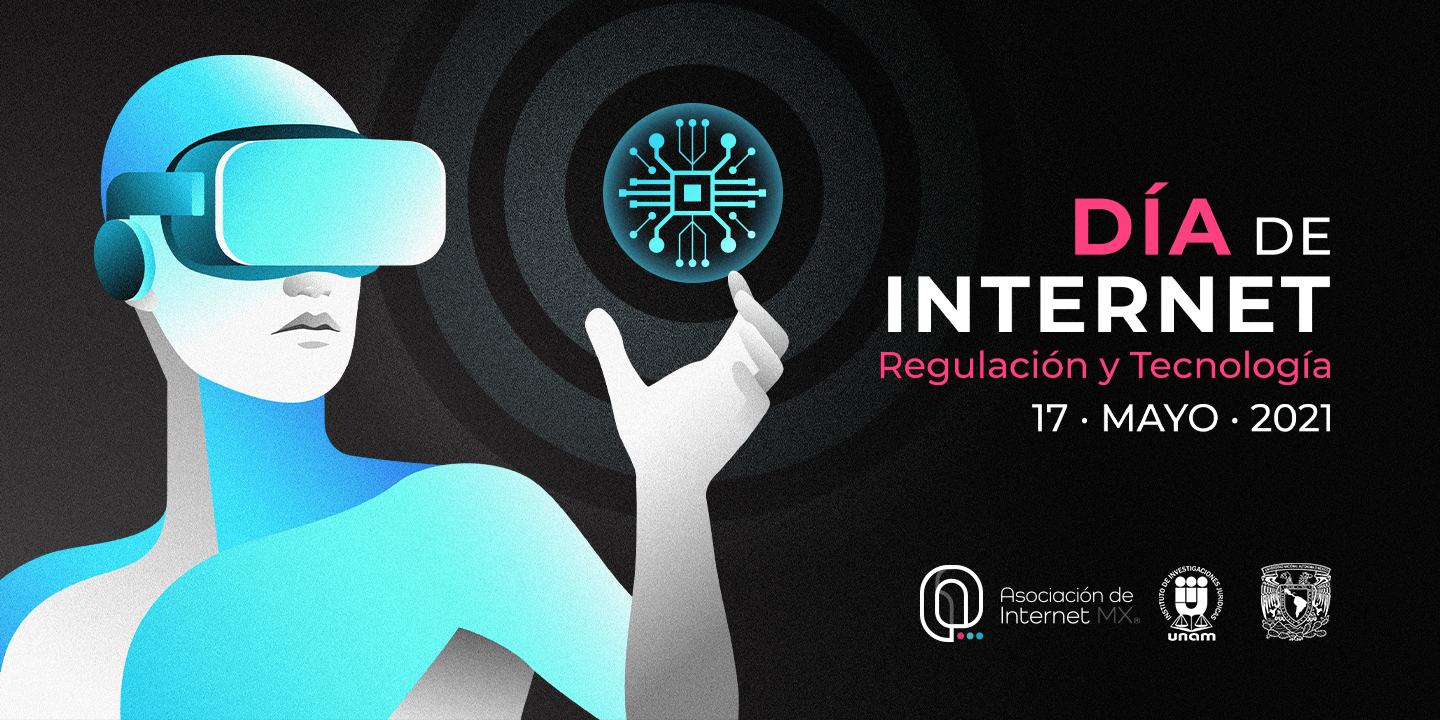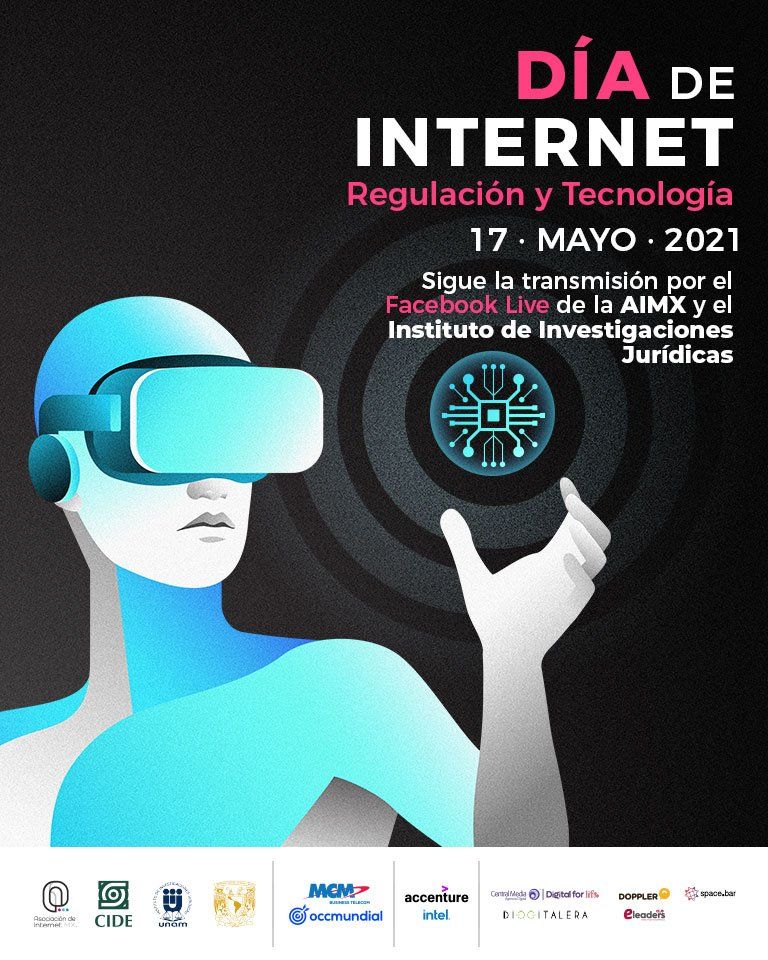IIJ-UNAM-AIMX Partnership
Since its foundation, the Law Research Institute at the National Autonomous University of Mexico, has been a lighthouse for the understanding of legal phenomena and the development of legal resources for public entities, companies, international organizations, and civil society. As a strategic decision, the academic products developed by public universities such as our institution, must be distinguished by their technical accuracy, political impartiality, and social impact.
The use of digital technologies in all areas is increasing at an unprecedented rate. There are also multiple gaps in the understanding of their social effects and the challenges presented by these new technologies. Our partnership with AIMX addresses this critical area through the development of research materials, legal education and knowledge sharing that focus on national and global challenges in the digital environment.
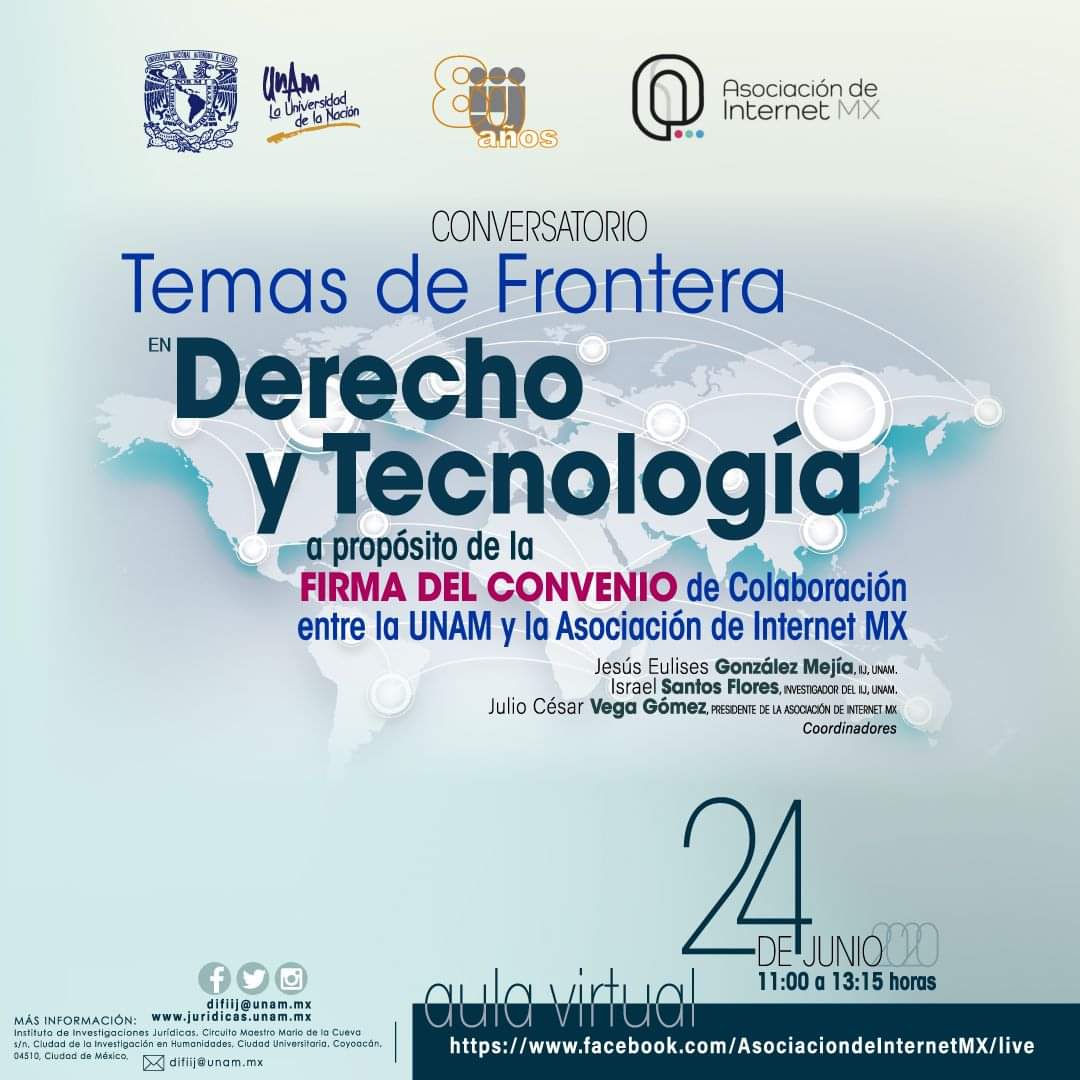
For a long time, the IIJ has been developing related topics. In 2020, the "Research group on Law and Artificial Intelligence" was created with the aim of furthering this work and taking advantage of the experience of previous years. In the same direction, the Observatory for the Regulation of the Digitalized Economy (Observatorio RED) was created with the goal of analysing the different regulatory subjects of the digital ecosystem, principally those related to digital commerce, users' rights, and the tax regime of the digital environment.
As a result of the joint efforts, we can mention the most important ones:
Report on Digital Ecosystem Regulation in Mexico and Latin America
One of the most widespread problems in the digital environment is the contact of users with digital service providers and their collective relationship with other users. A social space of virtual interaction replicates many of the undesirable social phenomena that require to be ordered. The project sets out a qualitative and legal diagnosis able to find adjustments to the governance framework in accordance with human rights, aware of the commitments of the Mexican State in the USMCA, and within a technical and rational framework.
The study will produce two separate texts: one on the civil liabilities of online intermediaries, and a second on the main concepts and benchmarks for the moderation of online content.
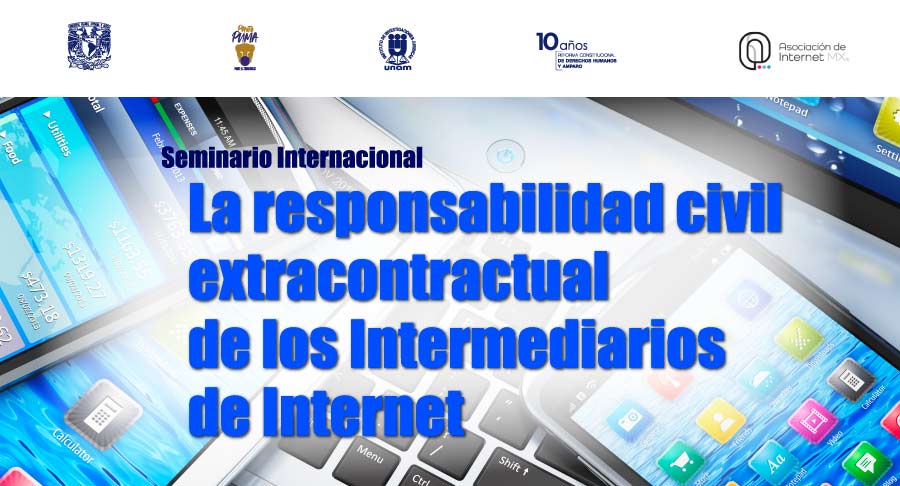
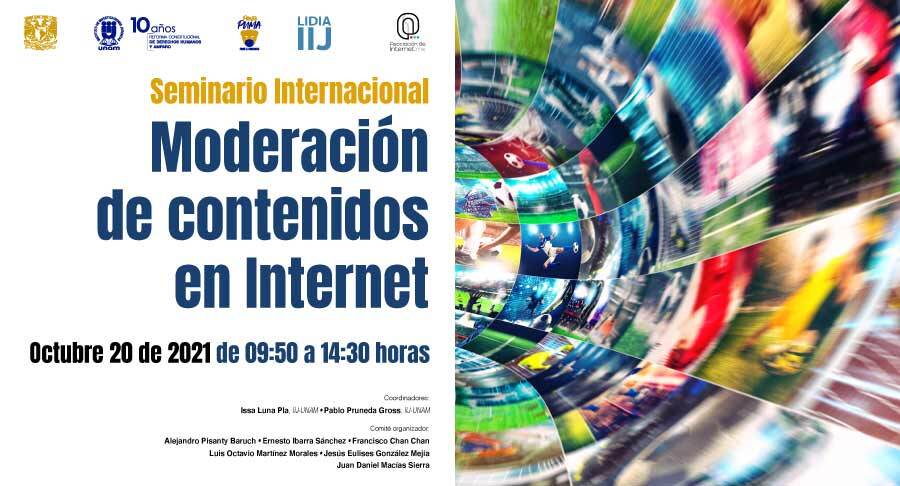
The main objectives are the following:
- To identify possible regulation models for digital content containing harmful speech and expressions that guarantee, in the best possible way, the freedom of expression and privacy of users.
- To analyse the impacts of regulation and governance models on freedom of expression; right to privacy and data protection; civil liability; moderation of content, harmful speech and harmful expressions as well as the new requirements under the USMCA framework.
- To review the positions of the digital ecosystem stakeholders in Mexico and Latin America related to digital content and regulatory models.
- Contribute with suggestions for the regulation of civil responsibilities of Internet intermediaries.
Study on the use of “cloud computing” by the public sector in Mexico
A current concern of legal relevance are cloud computing services –the technology through which the access, storage and processing of data through the Internet is facilitated–, and the use of them by public entities. Considering these legal concerns, the IIJ-UNAM, in collaboration with AIMX, analyses the legal implications of the use of cloud computing by the Mexican public sector, regarding the extent or limitation that public entities face when using this type of services in the performance of their activities.
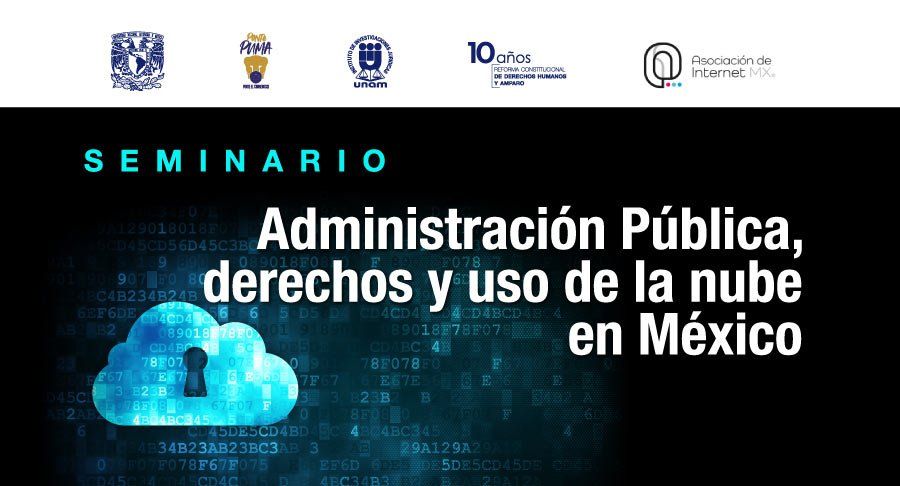
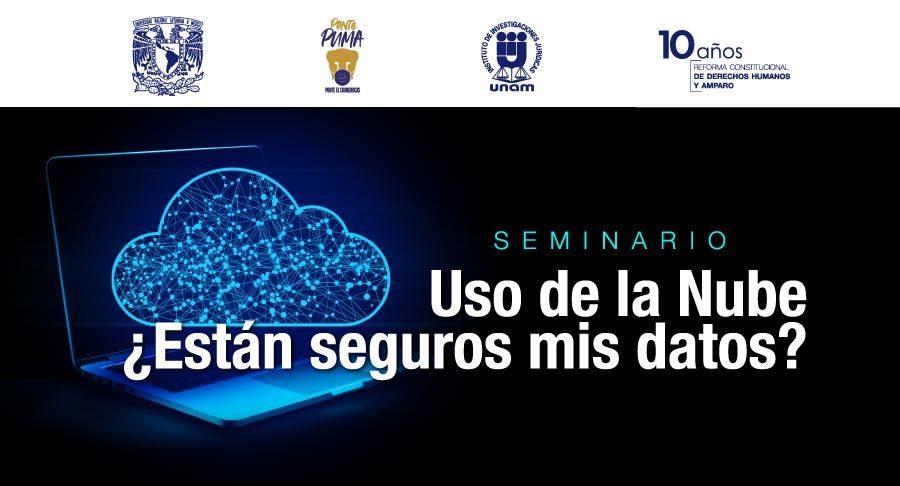
This project seeks to:
- Develop a mapping of Mexican regulations governing cloud computing services to generate a knowledge base that specifies the legal regulations (laws, guidelines, manuals, etc.), their implications, or, if applicable, the deficiencies identified, containing the rules for the use of cloud information storage and processing services.
- Gather international standards and best practices to develop a study on cloud computing services from a comparative law perspective, identifying the legal challenges in the use of this technology, as well as the solutions that have been found so far at different levels: legislation, academia, and practice.
- Formulate strategic recommendations aimed at state entities for the use of cloud computing services in Mexico.
Academic and discussion events:
Our strategic alliance has allowed us to come together in a multi-sectoral and interdisciplinary manner to discuss the issues we focus on. We would highlight the following discussion forums:
- Seminar "Cutting edge topics on Law and Technology", June 24, 2020.
- "Seminar: 2021 Tax Package and Digital Economy", October 26, 2020.
- "Discussion Forum on the Law Initiative to Regulate Social Networks", February 18, 2021.
- International Forum "Internet Day 2021: Regulation and Technology", May 17, 2021.
- "Use of the cloud: is my data safe?" , July 1, 2021.
- International Seminar " Extracontractual Civil Liability of Internet Intermediaries", October 07,
- International Seminar "Content moderation on the Internet", October 20, 2021.
"Public Sector Administration, Rights and Use of the Cloud in Mexico", November 3, 2021.

